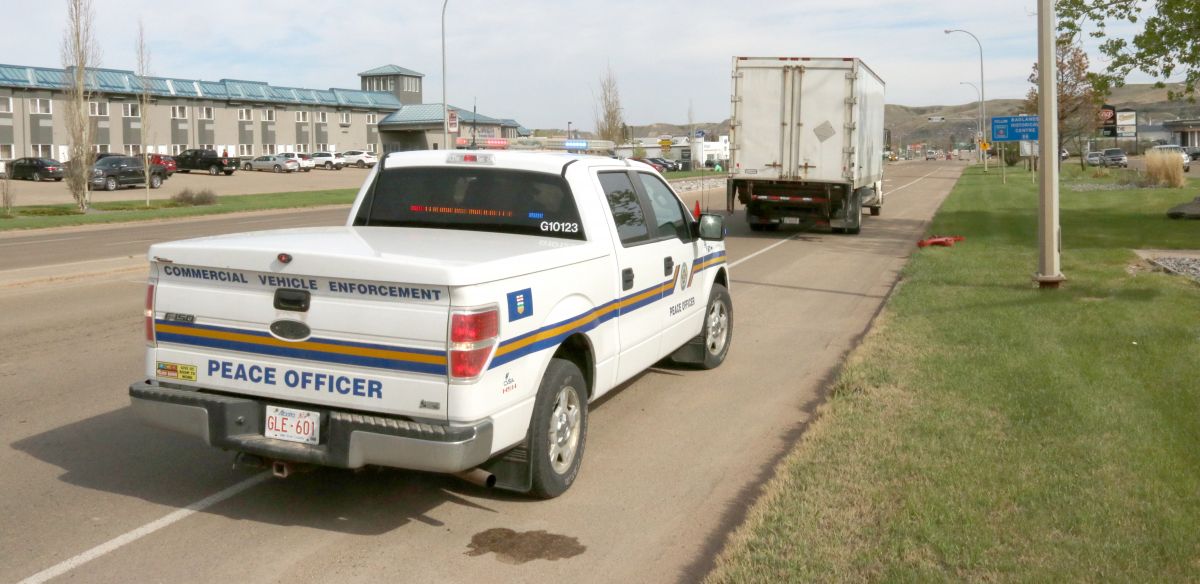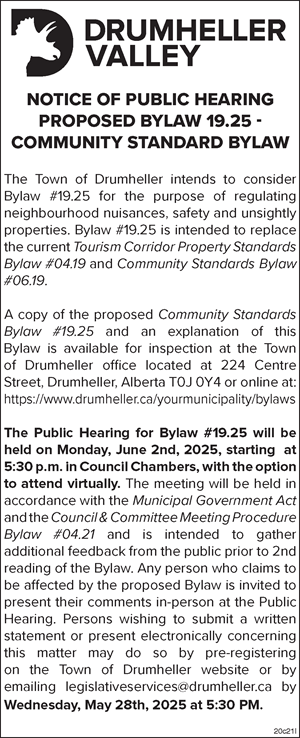
The Senate and House of Commons are debating changes to roadside testing in anticipation of legal marijuana in October and proposed amendments to the impaired driving bill in June are causing concern for both lawyers and police across the country.
The federal legislature is currently making amendments to sister bills C-45 and C-46 to be passed in time for legalization on October 17. Bill C-45, known as the marijuana legalization bill, is concerned with amending the controlled drugs and substances act while Bill C-46 will amend the criminal code for when cannabis is legal.
The Senate recently amended bill C-46 to allow law enforcement to conduct random alcohol and drug roadside tests. Under current laws, law enforcement may only conduct intoxication tests when there is probable cause, such as erratic driving, slurred speech, and other evidence.
The Liberal government has said they disagree with the proposed amendments made by the Senate but the changes are still being debated in the legislature.
Uncertain over what impaired driving laws will look like when cannabis becomes legal is another uncertainty facing police across the country, says Drumheller RCMP Staff Sergeant Kevin Charles. He says police are waiting for all information to be provided before coming up with best practices and operation.
“I don’t think a whole lot of changes will happen. We can charge someone who is high with impaired driving right now, even before legalization of cannabis,” Charles says.
“The driving evidence (for alcohol and drug impairment) is going to be very similar, both are impaired driving of a motor vehicle.”
Lawyer Hugh Sommerville says the Senate’s proposed changes to impaired driving laws may be an issue for defence lawyers.
“It causes some concern for many defence lawyers when the police do not need reasonable grounds and can just do something on a whim,” Sommerville says.
“There are public safety reasons to give police officers quite a bit of power to investigate things like impaired driving, but one of the reasons for concern is there has been a history of targeting certain visible minorities and racial groups.”
Sommerville says while the amendments seem like a reasonable tool for police to combat impaired driving it is a question of how fairly it is used with different groups of people. He says minority groups tend to be targeted more by law enforcement which creates the illusion they are committing more offences. For example, Aboriginal adults account for one in four admissions to correctional services while only making up three per cent of the population, according to Statistics Canada.
But Charles says in Drumheller’s case this is not true.
“We don’t make traffic stops based on the physical appearances of somebody, unless they appear to be intoxicated. It doesn’t come down to skin or gender, but comes down to abiding by the law,” Charles says.
Random police stops already do exist in the form of check stops for impaired driving and these programs have proved successful, says Sommerville.
He says police do not have time to stop random people on the street and administer tests, but police should be able to “enunciate some reason to want to do a test.”
The government has yet to bring forward this motion in the House. Once it does, it’s expected there will be a debate and vote to send the message back to the Senate.





















